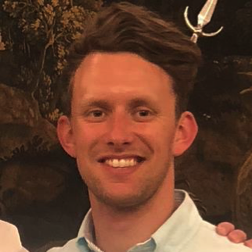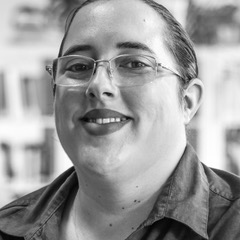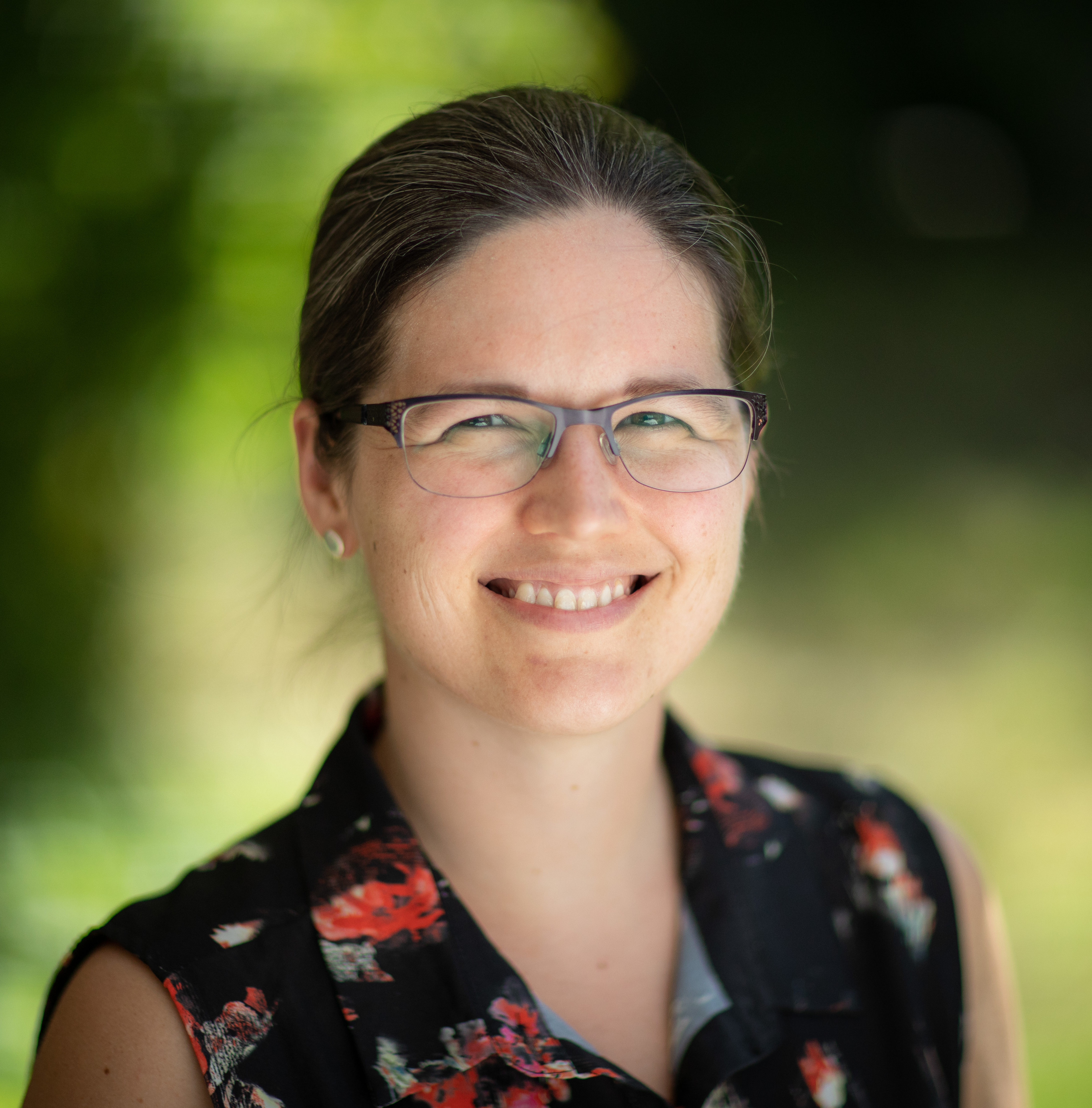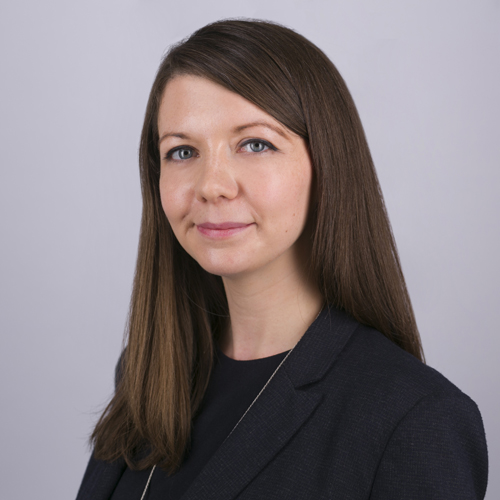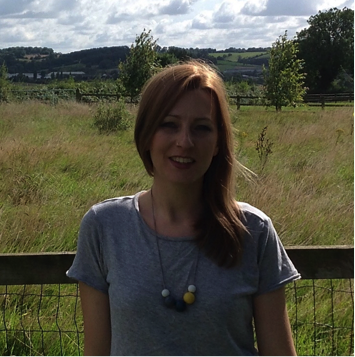PhD in Organic Chemistry, University of Cambridge (2016)
| Chemistry Teacher and Sports Coach | |
|---|---|
| Harrow School | |
Job highlight: Helping a group of Year 11 boys to become better Chemists, who found the subject hard at first but went on to achieve A grades or better, and then seeing many of them want to take the subject on to A-level. Also, teaching boys from really varied backgrounds – both national and social – about Chemistry.
My research training set me up to… explain the complex in a non-complex fashion, and never give up on finding a solution to a problem. By looking at problems from different angles, I’m better served to cater to the educational needs of my students.
What’s your background?
From an early age, I’ve been obsessed with solving puzzles and this meant that at school I had a natural affinity towards Chemistry. I didn’t go to the best of schools, but I had an amazing Chemistry teacher – Mr Davies – who helped direct my passion towards opportunities that I wasn’t aware of. I loved Chemistry at undergraduate level and conducted research with people who I really admired, including Prof. John Arnold at the University of California (Berkeley) and Prof. Jonathan Clayden at Manchester. Motivated by these experiences, I pursued a PhD with Prof. MJ Gaunt at the University of Cambridge. I really enjoyed exploring ideas in methodology and synthesis but increasingly found myself preferring the teaching that I carried out through the supervision system at Cambridge. This led me towards my current role in education at Harrow School. I absolutely love explaining Chemistry to my students, and the fun, dynamic environment that accompanies teaching young minds makes every day interesting and fulfilling. I went straight from my PhD into teaching, which hasn’t been a problem, but I’m fortunate to work in an environment that supports my development and uses my research skills to develop project opportunities for students.
Why did you move away from academia?
Whilst my PhD had been successful in many ways, I had realized that I wasn’t completely satisfied with either side of my work-life balance. I enjoyed coming up with new ideas through research, but I found the lab work repetitive and I increasingly found myself becoming less enthusiastic about something I previously enjoyed explaining to people. I also missed having enough time to play sport and found that I was enjoying myself much more outside of the lab, whether through teaching undergraduates or playing college and university football. Once I found a different environment that was stimulating but also gave me the opportunity to balance all the other aspects of life, I didn’t look back.
Is there anything you miss about academia?
I miss aspects of the group atmosphere, for example working with people from a range of backgrounds, who have a shared interest in Chemistry, and who are all at a similar stage of their career. I also miss the academic stimulation, although the students keep my job interesting!
How did you get this job?
My Director of Studies at St Catharine’s College in Cambridge recognised that I was developing a passion for teaching and suggested that I should look into becoming a teacher. He recommended a couple of schools that might be suitable, but after coming down to see Harrow, my heart was set on applying there. To put it simply, I loved the combination of teaching Chemistry and doing lots of sports. After contacting the Director of Studies at the school directly, I applied for a position through the school’s website
Did you think you had the skills required for your current position before you started? Were you right?
In many ways, yes. I’d done a lot of undergraduate teaching through the supervision system at Cambridge, which made me feel like I would be well suited to the style of teaching and teacher-student interactions at the school. I had also played a lot of football and started to coach, so was prepared for the sporting rigours of the job. Teaching still felt quite daunting at first, but the school have been very supportive and guided me through approaches that aid teaching and learning. The school also provides the opportunity for staff to undertake a Postgraduate Certificate in Education (PGCE).
How did your PhD prepare you for your current job? For example, what were the transferable skills that you developed during your PhD that are most relevant to your current job?
I think the really key part of a PhD is learning how to break a problem down into solvable steps. This is really useful as a teacher, as it enables me to explain topics clearly, but without losing any of the real complexity of the concept.
Teaching undergraduates through the supervision system was useful and highly relevant to my current position. I’ve been able to apply a lot of my specialist knowledge of Chemistry towards extension projects for my students, which have included synthesis of Azulene, substituting Ferrocenes and analog synthesis of simple antibiotics. These projects help feed the students’ curiosity and are helpful for their University applications.
Did you have any preconceptions about your sector that proved to be wrong?
I didn’t go to an independent school and I certainly had some preconceptions about schools like Harrow. I was worried that the students and teaching staff might have rather traditional views and therefore concerned about whether I would fit in. However, the school isn’t like that at all and the school comprises a diverse community of interesting people, both in terms of its staff and students.
Can you describe a typical week in your job?
Monday and Wednesday are pretty much full teaching days. A group of primary school children visit the school on Wednesday lunchtimes, when we show them a few experiments, which they really love. Tuesday, Thursday and Friday are slightly different, as we teach in the morning and coach sports in the afternoon. I usually finish by 4-5pm but there are plenty of interesting talks and society events to attend in the evenings. For example, I went to a talk by one of the heads at Exxon Mobil last week and it was really cool to hear about their approaches to sustainable energy development.
What’s the workplace culture like?
The school has a wonderful community spirit that makes it feel very much like an Oxford or Cambridge college. Everyone is accommodated around the school’s beautiful grounds, so you get to know everyone pretty well. Outside of work, I play football with the other teachers most evenings and there are plenty of good pubs around the school. The school grounds are extensive with excellent facilities, making it feel a lot like a University campus.
The perception of a school like Harrow is that it is super traditional and perhaps even outdated. That couldn’t be further from the truth. The culture is very much motivated towards innovation in teaching wherever it might be helpful, making it a great place to practice teaching.
What are your favourite parts of your job?
There is no better feeling than the process of bringing young minds into a classroom who leave 40 minutes later being able to do something new that you’ve taught them. It’s a great feeling when students finally ‘get it’.
What are your reflections on your (future) career path?
Teaching experience is beneficial in many ways. It certainly helps with organization and communication skills. Personally, I’m hoping to develop my skills as a teacher so that I can take on greater responsibility as an educator.
Do you have any advice for current graduate students and postdocs considering a career outside of academia?
Don’t follow the status quo. I had a lot of narrow-minded advice from people telling me it wasn’t the right thing to do but I trusted my instincts and I couldn’t have been happier with the choice that I made. Also, explore and research roles as much as possible, try to speak to people in relevant positions to get a feel for what it would actually be like, and prioritise the things that make you happy when it does come to deciding.
Can you recommend any relevant resources, organisations or events that might help somebody new to the sector find out more about it?
I use the Times Educational Supplement (TES) a lot to find out about educational generally.
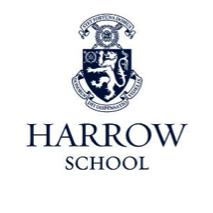 Harrow School is one of the world’s most famous schools. Founded in 1572 by a local yeoman farmer, John Lyon, under a Royal Charter granted by Queen Elizabeth I, it is located on a 324-acre estate encompassing much of Harrow on the Hill, 30 minutes from central London.
Harrow School is one of the world’s most famous schools. Founded in 1572 by a local yeoman farmer, John Lyon, under a Royal Charter granted by Queen Elizabeth I, it is located on a 324-acre estate encompassing much of Harrow on the Hill, 30 minutes from central London.
Around 830 boys aged 13 to 18, from all over Britain and across the world, live in the School’s 12 boarding houses. There are about 120 academic staff and over 500 support staff, all of whom work to a single, uniting purpose: to prepare boys with diverse backgrounds and abilities for a life of learning, leadership, service and personal fulfilment.
This statement of purpose is borne out through our various areas of activity: teaching that helps boys achieve their best academically, pastoral care that matures them both emotionally and spiritually, and an extracurricular programme that develops their characters and interests.
We have a very friendly and increasingly diverse teaching staff. Many of the teachers are young and a growing proportion are women. Some joined Harrow straight from university, others after taking a PGCE. Some have taught in an independent school before, others have not. What all of our teachers have in common is an enthusiasm for their subject and a willingness to be involved in the life of a full boys’ boarding school.
All full-time masters (as well as some operational support staff) live on the School estate, in well-appointed managed accommodation. We maintain these properties free of rent and charges, and also pay for water and council tax.
Many members of staff bring families with them. Teachers are eligible for an allowance towards the cost of educating their children and can educate their sons at Harrow at a reduced rate. Bursaries are also available at John Lyon School, a local independent day school for boys. The School has its own salary scale, with generous additional benefits including private medical insurance.

